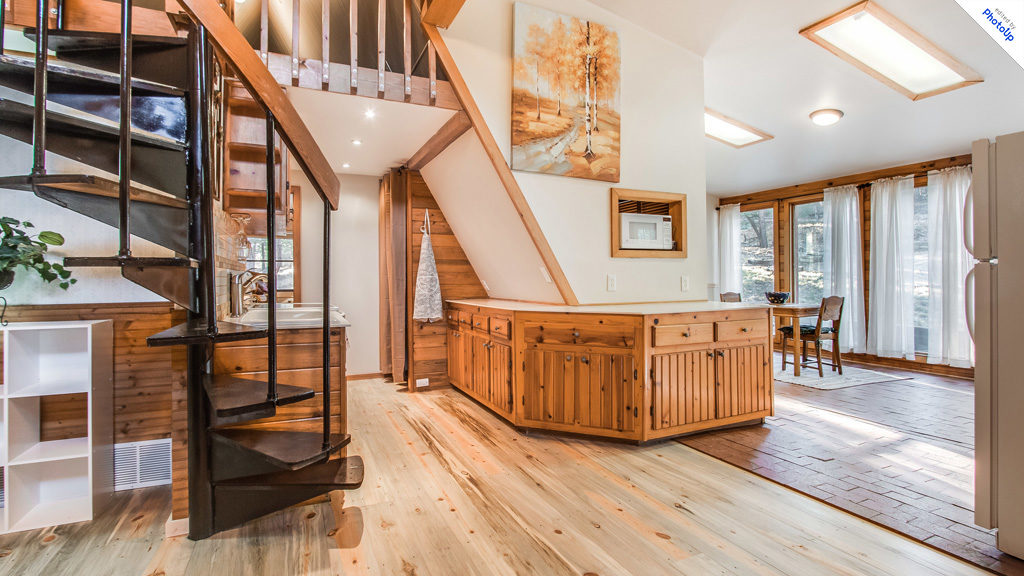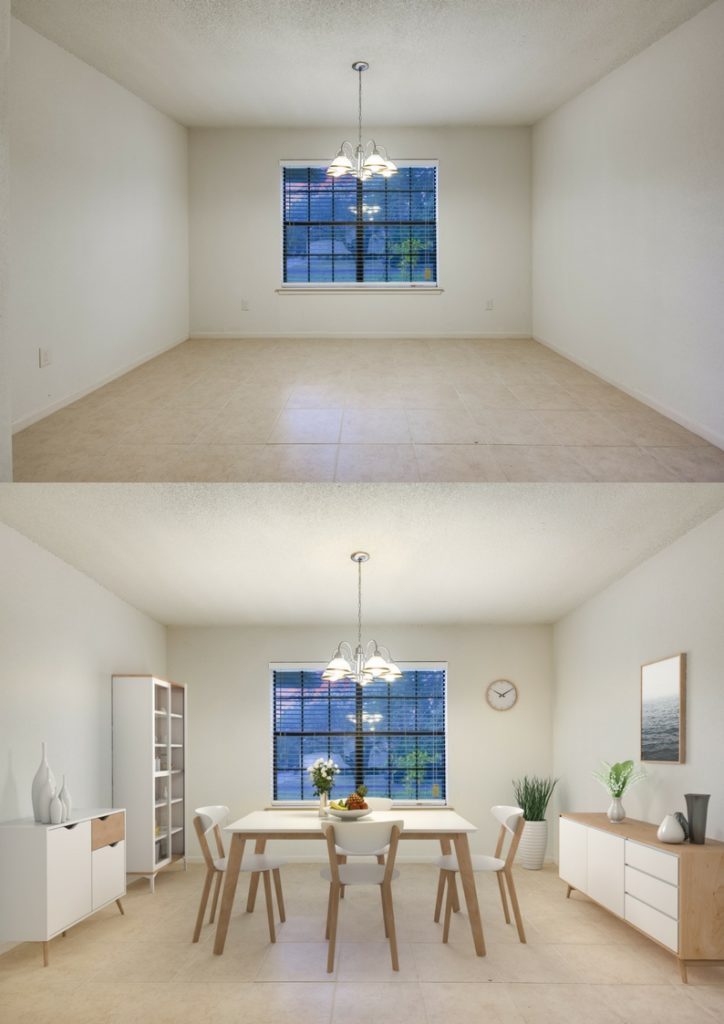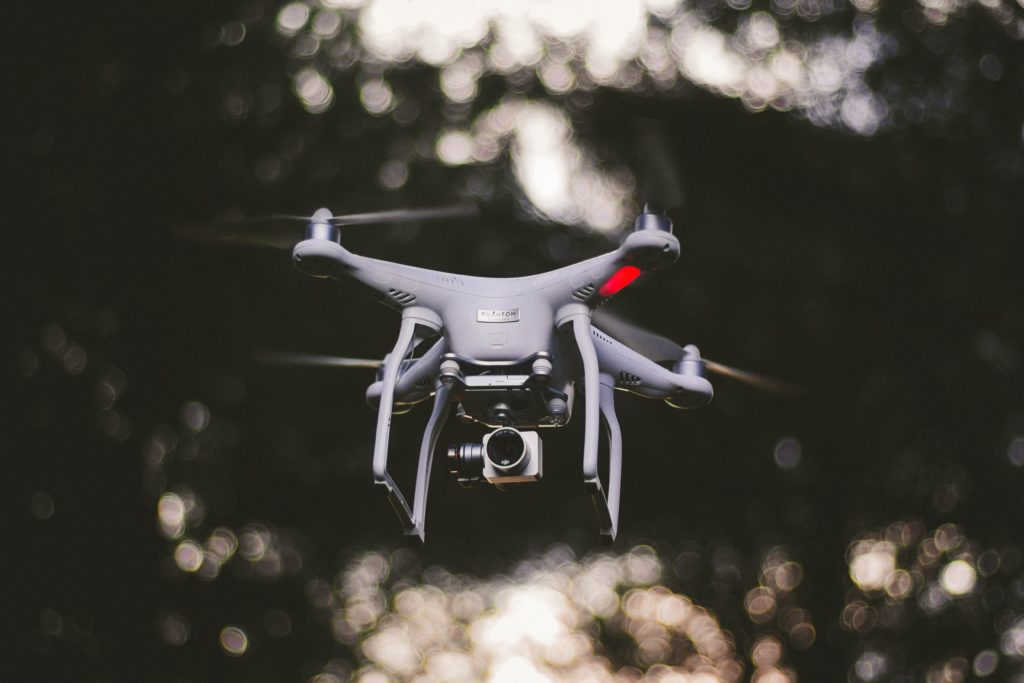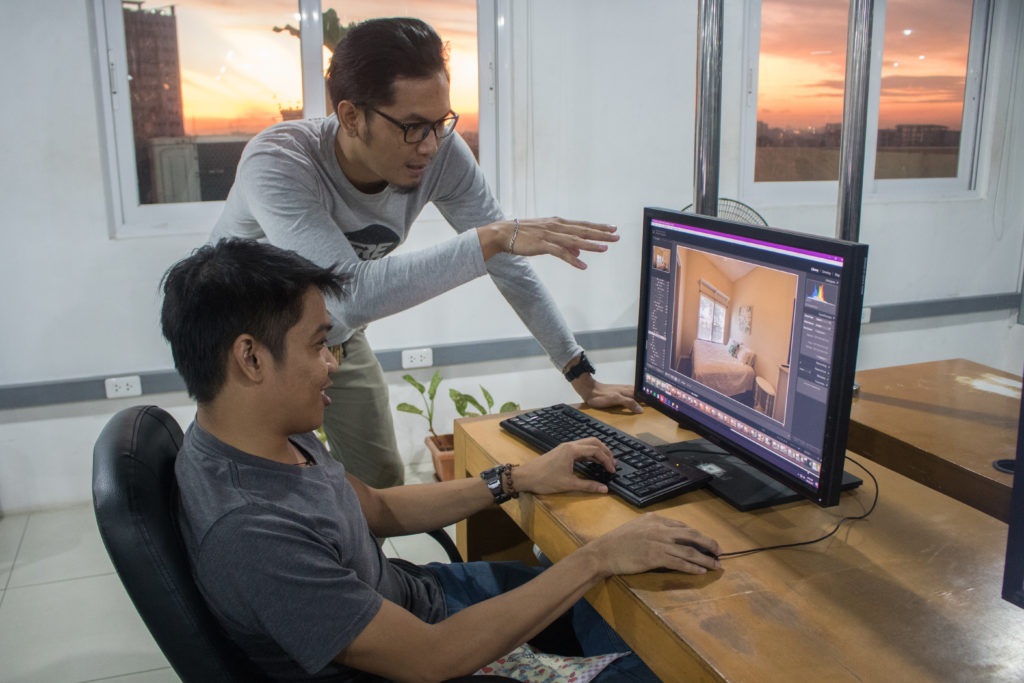There seems to be no end of new real estate photography technology sprouting up everywhere. In fact, several of these technologies are seen and used every day! Those who are in the real estate photography industry need to take into account the continuous advancements of technology as well as the ever-changing behaviors of home buyers and sellers.
Let’s take a look at 6 important trends a real estate photographer must take into account in 2018 and beyond.
1. Real estate buyers are searching listings and real estate services online more than ever before

The days of checking out listings from magazines or newspapers are numbered. Those who want to buy properties or need someone to take photos of their listings are looking to the internet first. In fact, Google and the National Association of Realtors (NAR) made a joint study titled “The Digital House Hunt: Consumer and Market Trends in Real Estate,” which showed some important revelations:
- 90% of buyers searched the web for properties
- Google reported an increase of 253% on real estate related searches over the past four years (2013 to 2017)
- Local search terms were important for buyers
Why is this important
With the players of the real industry taking on the web, it is vital for you to have a strong and attractive online presence. Your photography website should be well organized, filled with high-quality photos, and contains engaging content. Our partner, FolioWebsites, can help you design stunning, effective websites.
Support your site with effective search engine optimization (SEO) and social media marketing strategies.
2. Players in the real estate industry are increasingly using mobile devices
![]()
Real estate photographers, agents, sellers, and buyers are always on the move. Thus, they update themselves on the industry, search for listings, and transact business using convenient mobile devices. Indeed, the world is going mobile; and based on Google’s findings, people are using their phones, tablets, and notebooks more than desktops.
In a study by the NAR, 56% of Millenials and 46% of Gen X’ers find their homes, look for directions, communicate with their agent, and more using their mobile devices.
Why is this important
Your photography website should be mobile responsive. That means your site can be displayed in a readable, navigable format for a mobile device’s screen. On the other hand, a non-responsive site is difficult to navigate, and readers will simply give up trying to decipher the content or go from one page to another.
Check out this article about must-have features for your website, which includes mobile responsiveness.
3. Virtual staging is a must have

One of the most important stages of shooting a property is staging. This involves preparing and enhancing a property to prepare it for sale in the real estate marketplace. The objective staging is to make the property more appealing to potential buyers. A beautifully staged home can sell more quickly and for more money.
Well-arranged furniture, beautiful lights, and interesting decors to make the space more appealing. Unfortunately, many listings come are sold after the seller has already left, leaving the home empty. This is difficult for buyers to visualize what the home will actually look like when someone is actually living there. Sellers hesitate to spend on property staging as it’s quite expensive to rent, repair, or even buy furnishings just to make the empty space look lively. Just to give you an idea, home staging costs anywhere from $500 to $600 per room and around $1,000 to $6,000 for the entire house. Those rates sometimes exclude consultation fees.
Virtual staging is an up and coming solution to fill images of empty properties with superimposed, realistically rendered 3D furnishings and decor. This new technology allows photographers (and realtors) time and money. It also helps buyers plan, design, personalize, and envision the space before purchasing and furnishing the home.
Virtual staging is cheaper, and it yields the same (or often better) results than actual staging. You don’t have to choose, haul, clean, and do all the labor-intensive activities; the virtual stager can do all those and more using sophisticated graphics programs.
Why is this important
Using the power of software and graphics to fill up a property will definitely save photographers and property sellers time, money, and effort. However, make sure you get a professional virtual staging specialist to render realistic-looking furniture. Improperly done, the furnishings can look comically fake.
PhotoUp now offers virtual staging at 25 credits per page. If you are interested in PhotoUp’s virtual staging service, feel free to reach out to support@photoup.net for more information.
4. Partnerships between photographers and real estate databases are flourishing
![]()
Real estate databases such as Zillow are offering mutually beneficial partnerships with real estate photographers. After submitting the requirements and passing some quality checks, the photographer becomes Zillow certified.
Why is this important
Being one of the biggest real estate databases in the US, Zillow has massive traffic. By being a Zillow-certified photographer, you can market your business to Zillow’s real estate agents, enhance your portfolio, attract more clients, and more.
Recently, PhotoUp partnered with Zillow. Our partnership allows Zillow-certified photographers to enjoy hefty discounts, $1.00 credits, and more.
5. Promote real-estate related services through social media
In a 2017 study done by NAR, 80% of the players of the real estate industry use Facebook to promote and advertise their services as well as interact with buyers. Others use platforms such as LinkedIn, Google, YouTube, and more.
Why is this important
Social media has become the fastest, cheapest, most far-reaching, and a most effective way for real estate photographers to get their message out. Many platforms also have functionalities such as sharing options and instant messaging tools that allow you to interact with prospects and clients in real time.
An effective social media marketing campaign, coupled with SEO, is definitely essential in promoting your real estate photography business.
6. Photographers are starting to use drones to take awesome aerial photos

Drones offer unique perspectives and possibilities in real estate photography. You can capture amazing aerial images and videos of a property. Encompassing views of the land surrounding the property can be captured easily and cheaply. Additionally, if you are a skilled pilot, you can take videos of interiors, creating a short real estate marketing video.
Why is this important
Being a relatively new technology, drones definitely have that “cool factor”. You can add another type of photography service to your tool belt and upsell your clients who are looking for the latest and greatest in real estate photography. Adding a drone to your real estate photography arsenal is another way to help differentiate you from your local competition.
Want to engage in aerial photos of residential and commercial properties? Drones can be a valuable and critical asset to any real estate photographers toolbelt. Check out these top drones for real estate photography that you can include in your equipment.
7. Photographers are outsourcing the editing aspect of their work

The work of a real estate photographer does not stop after the shoot. Once home from a shoot, you still need to edit your chosen images before sending them off to your client. Editing takes a great deal of time, so much so that you may end up losing time with friends, family, or continuing to grow your business.
Professional editors can help you by editing your photos for you. It’s all about shooting more, editing less, and spending more time doing what you love.
Why is this important
Outsourcing photo editing lets you enjoy a whole lot of benefits. By letting them edit your photos, you save time, money, and effort. You can focus more on shooting more photos, looking for new clients, and devising strategies to scale your business.
PhotoUp, a leader in real estate photo editing, has an entire team of professional photo editors who can enhance your real estate images the way you want them. We are here to help real estate photographers shoot more, edit less, and spend more time doing what they love.
2018 is going to be another big, exciting, and productive year for real estate photography. These trends should signal exciting opportunities ahead! Keep an eye on these trends, and take them into account when planning your business goals and activities for 2018 and beyond. By capitalizing on these new trends, you will be able to take your photography business to the next level.
Sources:
What Are the Important Current Trends in Real Estate Marketing
7 Actionable Mobile Marketing Trends for Real Estate Agents
3 Trends in Real Estate Photography And Why You Should Care
The Digital House Hunt: Current and Market Trends in Real Estate
Homebuyers Are Going Mobile: Is Your Website Ready?
Top 5 Smartphone Apps for Real Estate Photography
9 Ways Drones are Changing Real Estate





